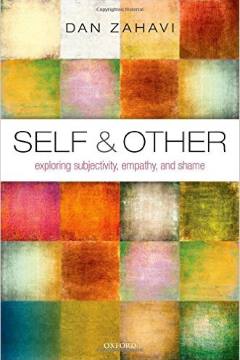Repository | Book | Chapter
Subjectivity or selfhood
pp. 42-62
Abstract
The chapter discusses different versions of the view that subjectivity and selfhood must be distinguished. According to one line of criticism found in Buddhism, to interpret the intrinsically self-reflexive stream of consciousness as an enduring self-entity is to engage in an illusory reification. According to another criticism, the self cannot simply be equated with a built-in feature of consciousness but must instead be located and situated within a space of normativity. To put it differently, the requirements that must be met in order to qualify as a self are higher than those needed in order to be conscious. One influential version of this latter proposal, the so-called narrative account of self, is analysed, and the chapter ends with a discussion of whether the narrative account can stand alone or whether it necessarily presupposes the dimension of self that is targeted by the experience-based approach.
Publication details
Published in:
Zahavi Dan (2014) Self and other: Exploring subjectivity, empathy, and shame. Oxford, Oxford University Press.
Pages: 42-62
DOI: 10.1093/acprof:oso/9780199590681.003.0004
Full citation:
Zahavi Dan (2014) Subjectivity or selfhood, In: Self and other, Oxford, Oxford University Press, 42–62.



